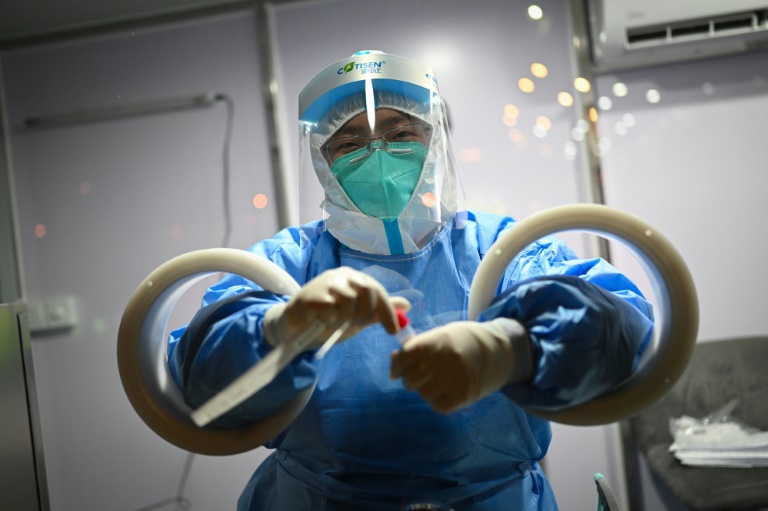A new family of highly transmissible COVID-19 subvariants, named FLiRT, have made their way to Australia, with experts beliving there might be a surge in infections in the summer.
In the US, one subvariant, KP.2, has already taken center stage. Doctors claim that FLiRT does not produce a more serious sickness than its predecessors despite its apparent contagiousness, ABC reported.
FLiRT variations are a novel class of COVID-19 subvariants that are becoming more prevalent in the U.S. Although they don’t seem to produce severe sickness, compared to earlier versions, these variants appear to be more transmissible.
Their ability to elude antibodies from vaccinations and prior infections makes them worrisome. Therefore, experts advised individuals to remain up to date on their booster shots and immunizations and to be checked if they exhibit symptoms.
FLiRT is derived from the JN.1 strain, which had driven up infections in Australia early 2024.
“We really are at the start of the wave, it’s already kicking off. And we’d expect the wave, as they always do, to last four to six weeks before we’d see the numbers come back down again,” said Professor Catherine Bennett, the Chair in Epidemiology at Deakin University.
“FLiRT is very transmissible just like the JN.1 variant,” she said, “But it’s mutations look a bit different, which means it’s got a bit of an advantage over JN.1 if our immune system doesn’t recognise it as readily,” she told News.co.au.
Bennett believes the peak will reach in June.
NSW Health has already reported that the KP.2 subvariant is the source of half of their cases.
As of now, FLiRT does not appear to produce any more severe disease than prior variations, but the World Health Organization is keeping an eye out for any possible increases in severe sickness.
The FLiRT variants were also found in Victoria’s wasterwater samples. Following the detection, Queensland chief health officer John Gerrard said the state was witnessing an increase in the number of COVID-19 cases.
“This is due to one of the FLiRT variants — almost certainly driven by one of these fluid variants particularly the very important KP3, a particularly contagious form of Covid,” Gerrard said. “The numbers have started to rise and we will expect the numbers to increase significantly in the coming weeks.”







